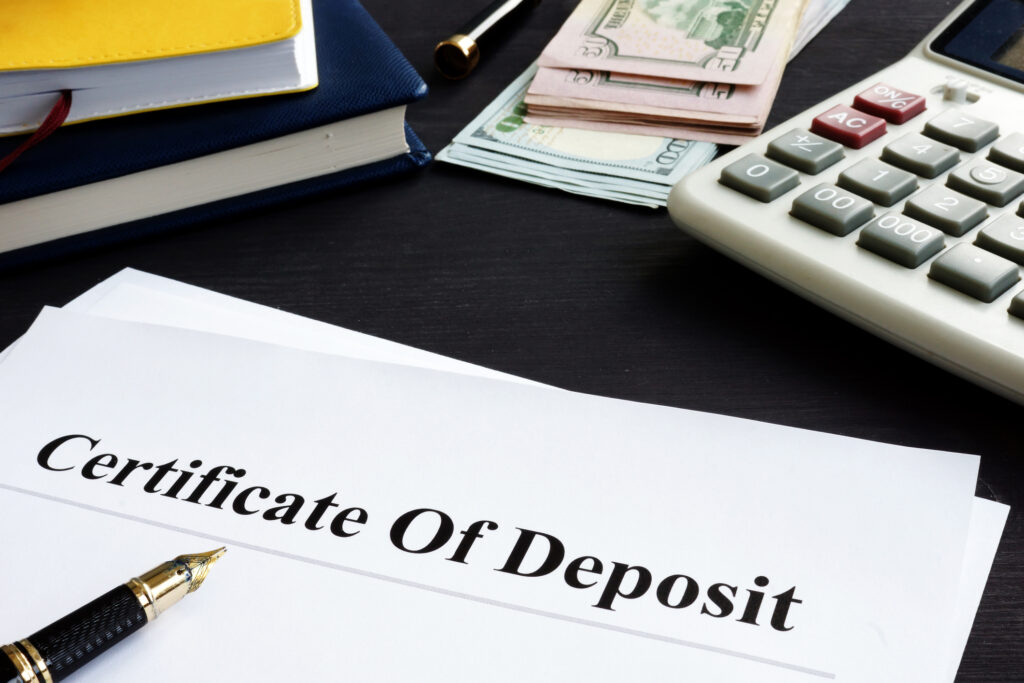If you’re looking for a low-risk investment option that can provide steady returns, consider investing in certificates of deposit (CDs). CDs are a type of time deposit offered by banks and credit unions that offer higher interest rates than savings accounts in exchange for a fixed term commitment. In this article, we’ll take a closer look at how to invest in CDs and how they can help you grow your money.
Related Topics:

Understanding CDs
CDs are a type of savings account that require you to commit your money for a fixed term, typically ranging from a few months to several years. In return for this commitment, banks and credit unions offer higher interest rates than traditional savings accounts. CD interest rates are typically fixed for the entire term, meaning you can lock in a guaranteed rate of return for the duration of the investment.
CDs can come in different varieties. For example, you may find fixed-rate CDs, variable-rate CDs, or bump-up CDs. The terms and conditions of each type can vary from institution to institution, so it’s important to shop around and compare the options available to you.

Investing in CDs
Investing in CDs is relatively straightforward. First, you’ll need to find a bank or credit union that offers CDs and compare their interest rates, terms, and minimum deposit requirements. Once you’ve found a CD that meets your needs, you’ll need to open an account and make a deposit.
It’s important to note that CDs are not liquid investments. Once you deposit your money, you can’t withdraw it without incurring a penalty until the end of the term. For this reason, it’s important to carefully consider your investment needs and goals before investing in CDs. Additionally, make sure to review the early withdrawal penalties and restrictions before investing.

Benefits of CDs
There are several benefits to investing in CDs. First and foremost, they offer a low-risk way to grow your money. Because CDs are FDIC-insured, they are a safe investment option that can help protect your principal investment. Additionally, CDs can offer higher interest rates than traditional savings accounts, providing a steady source of income over time.
CDs can also be a useful tool for diversifying your investment portfolio. Because they are not correlated with other asset classes, such as stocks and bonds, they can help reduce overall portfolio risk.

Final Thoughts
Investing in CDs can be a smart move for those seeking a low-risk way to grow their money. By shopping around for the best rates and terms, carefully considering your investment goals, and understanding the risks and restrictions of investing in CDs, you can position yourself for long-term financial growth and stability.



